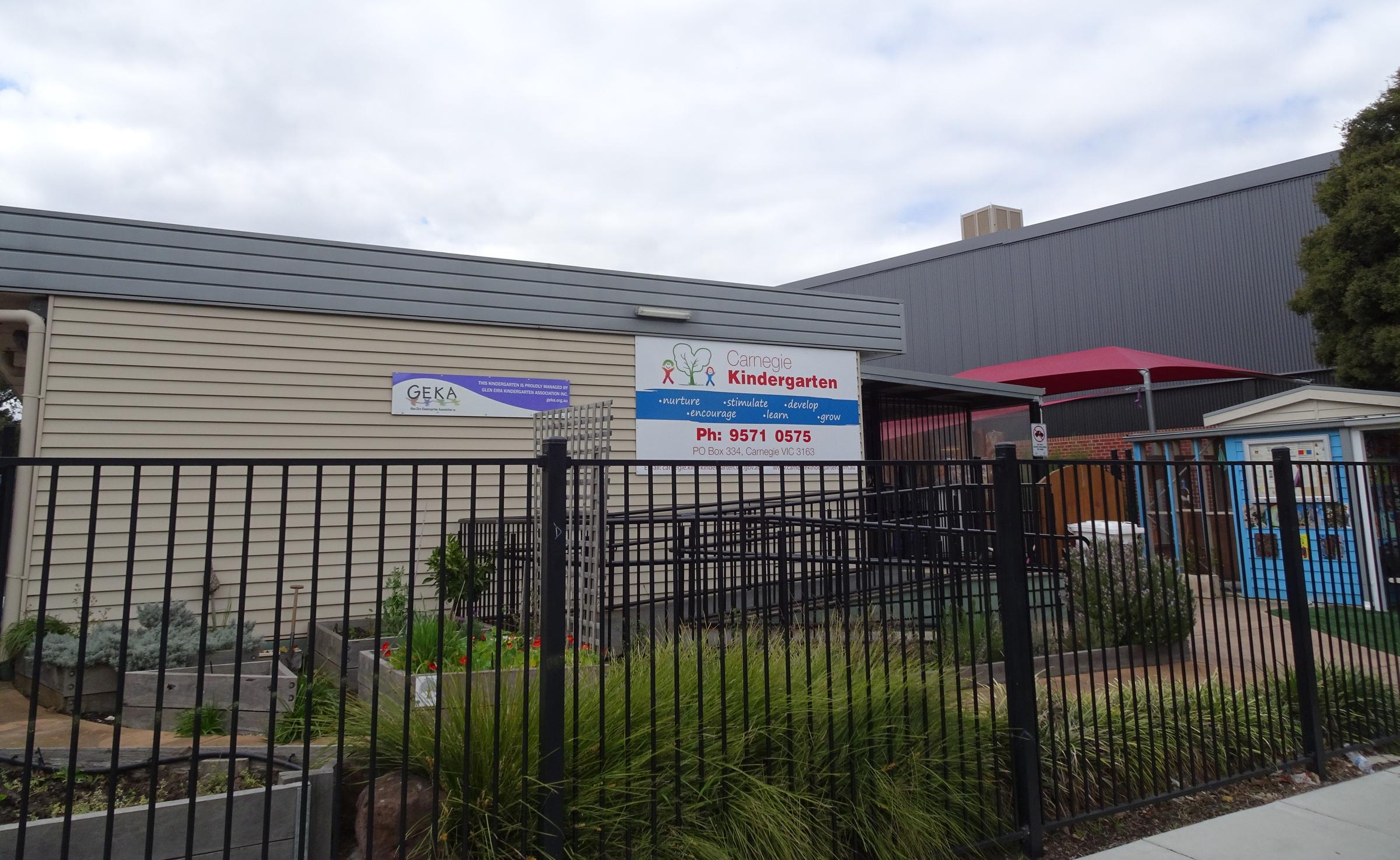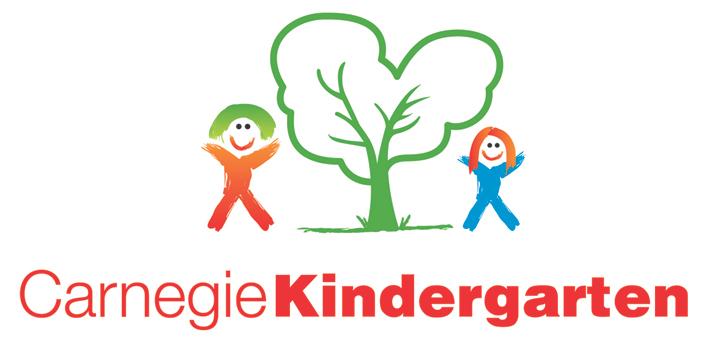GEKA Carnegie

Adapting Our Programs to Meet the Changing Needs of Children
Racquel Luntz, Early Childhood Educator
After 282 days of lockdowns spanning across two years, it felt inevitable that accommodations within the program to support the children, would need to be provided to account for the greater variation in emotional maturity and social development. As a team, the educators identified a number of adaptions they have implemented as a direct result of their observations of the cohorts throughout both 2020 and 2021. To adequately support the wide array of needs for individual children and the group as a whole, Educators have accounted for a number of identified needs, including but not limited to;
- Greater anxiety levels impacting children’s mental health, both during and following lockdowns.
Children attending the service throughout the lockdown period flourished in new relationships as a consequence of smaller group sizes, encouraging new interactions with otherwise unfamiliar peers. Those returning from extended lockdowns demonstrated newly acquired skills they had been practicing at home with siblings and parents, including turn-taking through games and greater bi-lateral co-ordination and balance as a result of frequently bike riding/scootering. Children returning from extended periods away from the service found it hard to settle initially, with some attachment anxiety evident from more time spent with their parents at home.
How did the Educators adapt the program to suit?
Acknowledgement of the greater variation of social development and emotional maturity allowed the team to recognise that smaller group activities (no more than 3-4 children) and collaborative play opportunities (eg S.T.E.M-based problem-solving activities) would be best suited to directly support the children’s emerging communication, negotiation and delegation skills, particularly those of whom missed out on opportunities to socialise with children of the same age gap as a result of the lockdowns.
- Extended screen time and decreased concentration spans
With many families trying to balance working from home with children learning from home and extracurricular commitments, children expressed the had been engaging with greater amounts of screen time at home and actively sought out closed-ended activities they felt confident with. Within the service, the depth of engagement with open-ended tasks lessened, with children finding it more complex to apply imaginative play skills to create their own play world, with play outcomes often a direct reflection of characters from TV shows that they watched or games they played.
What was modified within the program to accommodate these changes?
Educators adopted a greater pedagogical approach to the way in which the program was embedded into the curriculum. More embedded intentional teaching practices were applied deliberately to model potential outcomes of the play, and we established engaged collaborative thinking and problem solving by scaffolding on the children’s initial ideas and concepts (including their favourite characters and shows to accommodate for the emergent curriculum that supports the children’s current interests). More visual prompts throughout the kindergarten, including pictures of the creations and outcomes from the children’s play, were displayed to allow them to reflect on how some of the open-ended resources could be utilised.
- Sensory-avoidance and complexities in establishing play opportunities
Upon returning to kindergarten with all children in attendance, it was evident that some children found it more complex to initiate and join in play in large group settings, often opting for 1-on-1 play with either an educator or peer. When sensory group experiences were provided to support their collaborative learning, many children were apprehensive to take part, fearing they would ‘get germs’ or ‘become dirty’ as a result.
How have we adapted to rectify these concerns?
When the children had returned from lockdowns, educators found that returning to routines established at the beginning of the year aided children to comfortably and confidently return to the service and become an active participant within the program, helping them to predict periods of transition and consider the ‘rules’ of the kindergarten during play, such as sharing resources and play spaces with other peers. Educators opted to directly support the children by initiating group play experiences for children with common interests such as building a city with the blocks, and gradually fading out of the play as the children became more confident in their objective and roles within the play experience. As a part of the routines, having regular discussions with the children as a group regarding hygiene as an element of sensory play (and demonstrating correct handwashing procedures) supported their gradual confidence to re-engage with sensory-based play.
- Complexities and challenges amongst families in the home environment
Undoubtedly, the pandemic has impacted families and the local community in a plethora of manners, requiring them to manage multiple situations simultaneously. Common challenges amongst families included managing older children who have been learning virtually, extra-curricular commitments for children, working from home, and a lack of support in Australia for families who have immigrated.
How have we changed our approaches to provide additional support to families?
The educators, particularly teachers, have set time aside for families to have discussions about their welfare, provide direct support and aid families to access resources such as local Toy Libraries and activities/experiments the children can participate in from home. Educators have been accessible via email and continued to initiate group zoom meetings for children at home to ensure that they have been able to maintain a sense of belonging to the kindergarten and local community. Getting parents involved in the kindergarten from afar has been achieved through the book library, donations of recycled boxes for the children to use for creative art experiences and the development of VPG-run fundraisers that also provide financial support the kindergarten.
The examples provided are just few of a wide breadth of observations encountered by the educators throughout the pandemic and lockdown periods. As educators, we feel it is imperative to maintain a consistent routine that reflects the needs of the group and children as individuals to support extended periods of concentration and enable them to explore the kindergarten environment with confidence, curiosity, and reflexivity. As we continue to modify the program to reflect the challenges we face due to COVID-19, we look forward to being able to collaborate with the families and local community to deliver a highly engaging, immersive program that accounts for the array of developmental domains and emerging interests of the children as they arise.

